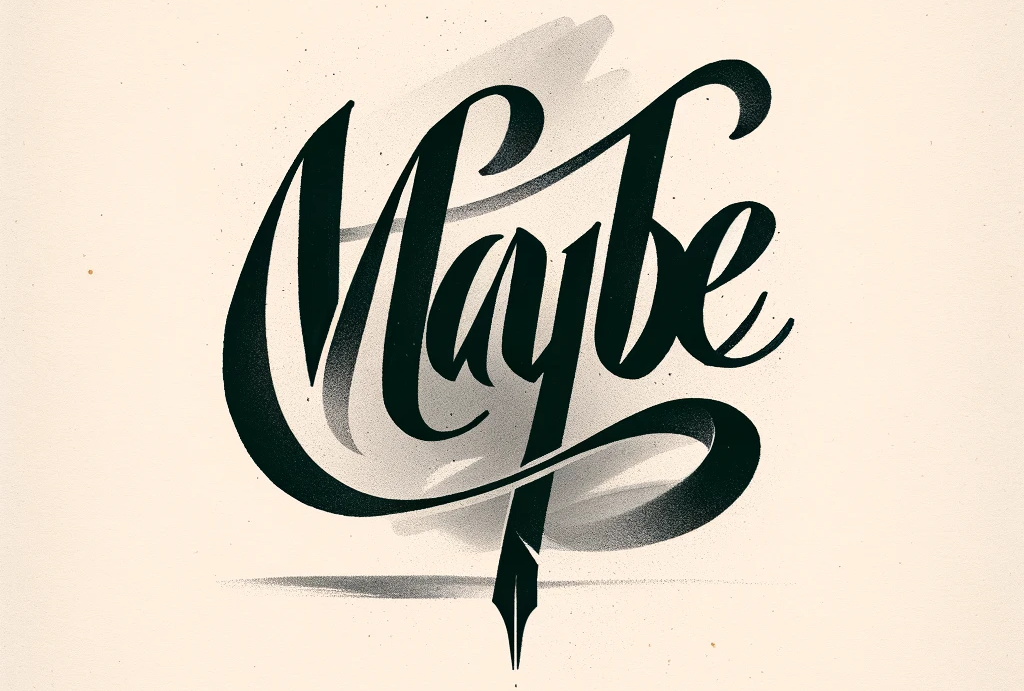The Maybe Tale
· 2 min read
“If you want to make God laugh, tell him about your plans.”
― Woody Allen.
When people say, "I hope everything is going to be alright," what I really hear is, "I hope everything will go the way I want it to." Most of us believe that we know what's best for us, so we get upset when we don't get what we want.
Looking at my biggest achievements and what might seem like my biggest failures, I can't even tell them apart. A specific event in my personal history flip-flops from "big success" to "total failure" and back again as I get older. Yes, nobody wants to get seriously sick, and yet research shows that terminally ill patients report the highest levels of life satisfaction. Life events don't have meaning other than the one we attribute to them after the fact.
Importantly, this isn't to say that we should stop making plans or caring for our health. Driving from point A to point B, I could demand that every turn on the way went according to the original plan, or I could allow the navigator to adjust the route due to changing traffic conditions.
The ancient Chinese parable known as The Maybe Story says it better.
In a land not far away, lived a wise farmer with his son. One morning, their horse ran away. "Oh, what misfortune!" cried the neighbors. But the farmer simply said, “Maybe good, maybe bad, who can say?”
Months passed, the horse returned, bringing with it another splendid horse. "What great fortune!" exclaimed the neighbors. Yet, the farmer replied, “Maybe good, maybe bad, who can say?”
The son, delighted, rode the new horse but fell and broke his leg. "Such misfortune again!" sighed the neighbors. Still, the farmer said, “Maybe good, maybe bad, who can say?”
War came, and every young man was called to fight, many never to return. The son, spared because of his broken leg, stayed safe. "What fortune!" said the neighbors. The farmer nodded, “Maybe good, maybe bad, who can say?”
And so the story goes, fortune turns to misfortune, and misfortune to fortune, a never-ending cycle, with the wise farmer reminding us, “Maybe good, maybe bad, who can say?”